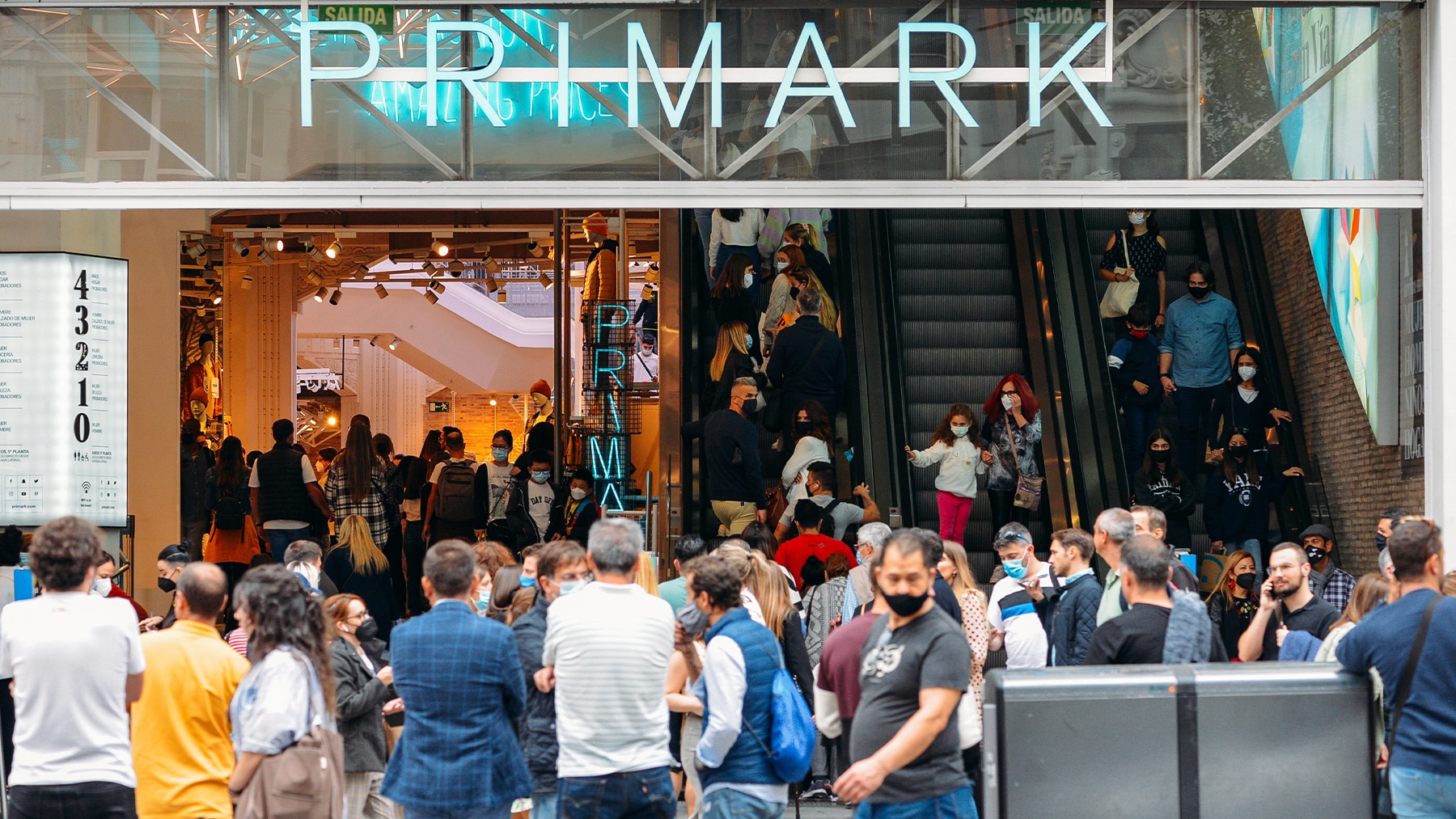
British fashion chain Primark set out plans to invest £140 million ($169 million) in its UK store estate over the next two years, betting on its rock-bottom prices luring customers as the country grapples with a cost-of-living crisis.
The budget group, part of Associated British Foods, said on Friday the investment will include the opening of at least four new stores and will create at least 850 jobs.
The plan contrasts with other retailers such as Marks & Spencer, who have shut shops due to weak footfall and rising costs, while a shift to online shopping, accelerated by the pandemic, has also hampered store revenues.
“The UK is our biggest market, and as we continue to grow and expand our business internationally, we remain as committed as ever to investing in our stores,” Primark chief executive Paul Marchant said in a statement.
Even before the pandemic pushed more shoppers online, many high street retailers were struggling due to stiff competition from online-only brands such as Boohoo and ASOS , leading to the collapse of household names like Debenhams.
That saw Primark, which has shunned the extra cost of home delivery, launch a click and collect online service earlier this month.
Primark, which sells shirts for as little as £2.50 ($3.03), has said it will hold prices “to stand by our customers,” even as it cautioned that input cost inflation will hit its results in the new financial year.
Exacerbating the pain from rising costs, footfall at UK retail destinations still remains 15% lower on average this year compared with pre-pandemic levels, according to Springboard data.
“Busy towns and cities benefit us all – we want to see thriving high streets and shopping centres,” Marchant said.
By James Davey and Muvija M; Editors: Kylie MacLellan and David Holmes
Learn more:
Primark Owner Warns Profit to Fall Next Year as Energy Costs Rise
The UK conglomerate said Primark, which generates most of the group’s profit, is experiencing unprecedented volatility and its operating margin will fall next year, despite recent price increases. The stock fell as much as 8.6 percent in London, approaching the lowest level in a decade.



